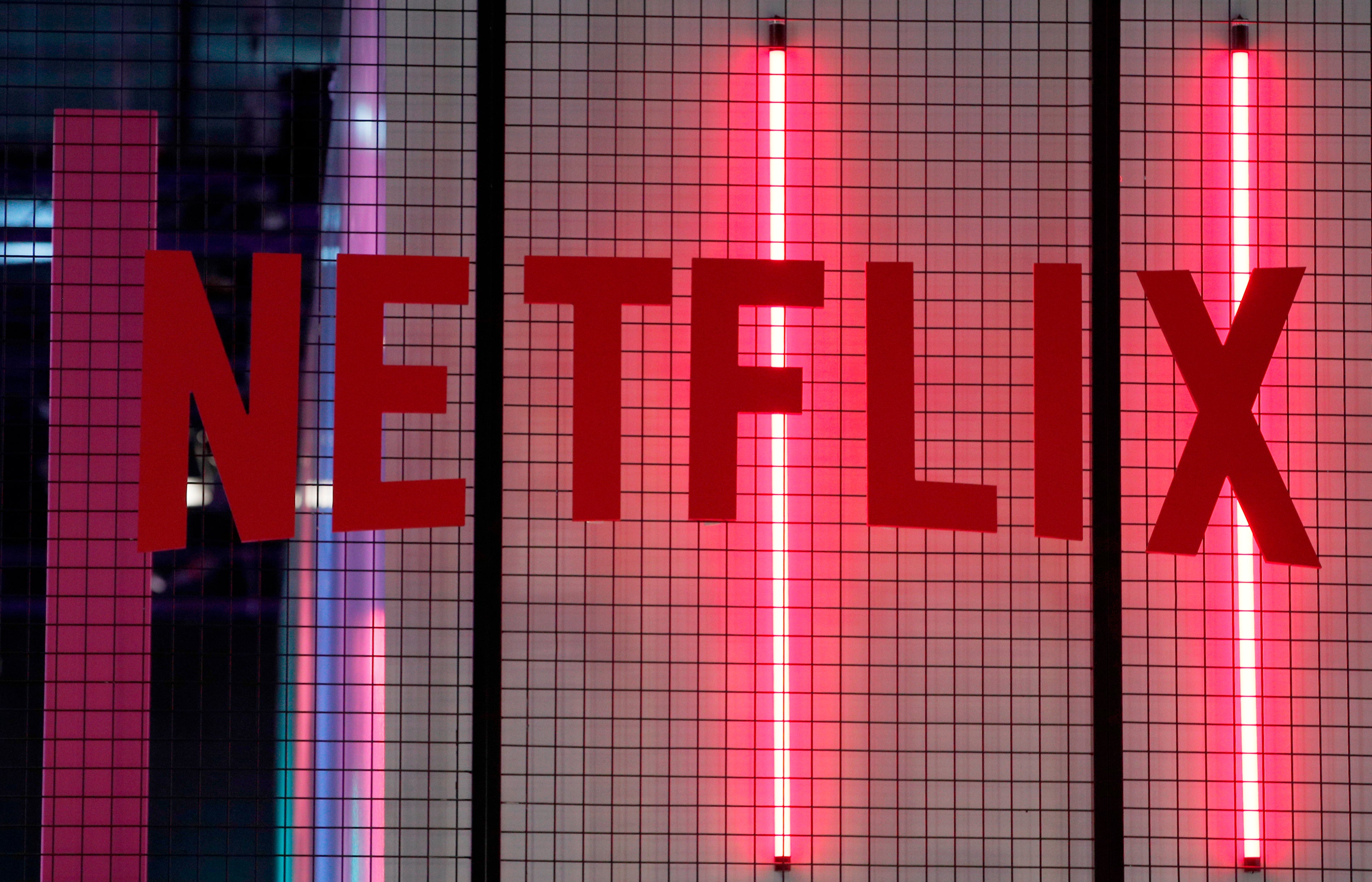Netflix criticized by Chinese online over use of Taiwan flag
Chinese online nationalism has a new target: Netflix and its popular Thai drama “Girl from Nowhere.”

Your support helps us to tell the story
From reproductive rights to climate change to Big Tech, The Independent is on the ground when the story is developing. Whether it's investigating the financials of Elon Musk's pro-Trump PAC or producing our latest documentary, 'The A Word', which shines a light on the American women fighting for reproductive rights, we know how important it is to parse out the facts from the messaging.
At such a critical moment in US history, we need reporters on the ground. Your donation allows us to keep sending journalists to speak to both sides of the story.
The Independent is trusted by Americans across the entire political spectrum. And unlike many other quality news outlets, we choose not to lock Americans out of our reporting and analysis with paywalls. We believe quality journalism should be available to everyone, paid for by those who can afford it.
Your support makes all the difference.Chinese nationalism on the internet has a new target: Netflix and its popular Thai drama “Girl from Nowhere.”
Comments online Wednesday complained the series’ Facebook page showed the flags of Taiwan the island democracy claimed by the ruling Communist Party as part of its territory, and of Hong Kong where the party is trying to crush pro-democracy activism.
Netflix joins a growing list of foreign retailers, airlines, hotels and other companies that have been attacked online in China over Taiwan, Xinjiang, Tibet, human rights and other politically charged issues.
Some comments complained the flags show support for “splitting China,” or promoting formal independence for self-ruled Taiwan. The flags, with the those of Singapore and other markets, appear beside “Thank You" in local languages for the series' popularity. The advertisement says nothing about whether they represent countries.
“This is a (profanity) split!” said a comment signed Tang Sugar Sugar Tang 123 on the popular Sina Weibo social media service. “Does China need to say thank you for this? Bah! This is a blatant split!”
“Nanno I like you a lot, but sorry, you crossed my line. Goodbye,” said another comment on Sina Weibo signed Huadu, referring the series’ main character. “Think clearly about what kind of country China is before getting benefits from us.”
Netflix didn’t respond to questions left on its website.
The outcry highlights China’s unusual mix of nationalism and pervasive censorship.
The ruling party increasingly demands global companies conform in public to Beijing s political positions, including on websites abroad that the ruling party's internet filters block most people in China from seeing.
Facebook can be seen in China only by people with virtual private network software used to evade the filters.
“Girl from Nowhere” can be seen in China on bilibili.com, which allows users to upload their own videos. It doesn’t appear on other services that show movies and TV series approved by Chinese censors.
It wasn’t clear how many people have watched “Girl from Nowhere,” but Douban.com, a website where users leave reviews, says more than 60,000 people have commented on the first season and 30,000 on the second. The average rating is 8.4 points out of 10, which is unusually high.
The Global Times, a newspaper published by the ruling party, showed the offending advertisement on its website but that image didn’t appear on other Chinese sites or in the newspaper's Chinese-language edition.
The ruling party says Taiwan must unite with the mainland and has threatened to invade if it tries to make its independence official. Beijing has menaced the island this year by sending fighters and bombers on flights close to and around Taiwan.
In Hong Kong, the party is trying to crush pro-democracy sentiment following protests that began in 2019. Advocates including tycoon Jimmy Lai, whose company publishes the pro-democracy Apple Daily tabloid, have been sentenced to prison.
In March, the ruling party lashed out at H&M, Adidas, Nike and other foreign retailers and shoe brands in an attempt to pressure them into rejecting reports of forced labor and other abuses in Xinjiang in China’s northwest.
State media called for a boycott of H&M after the ruling party’s youth wing publicized the Swedish retailer’s statement from early 2020 saying it no longer would use cotton from Xinjiang.
___
AP researchers Fu Ting in Bangkok, Chen Si in Shanghai and Yu Bing in Beijing contributed.